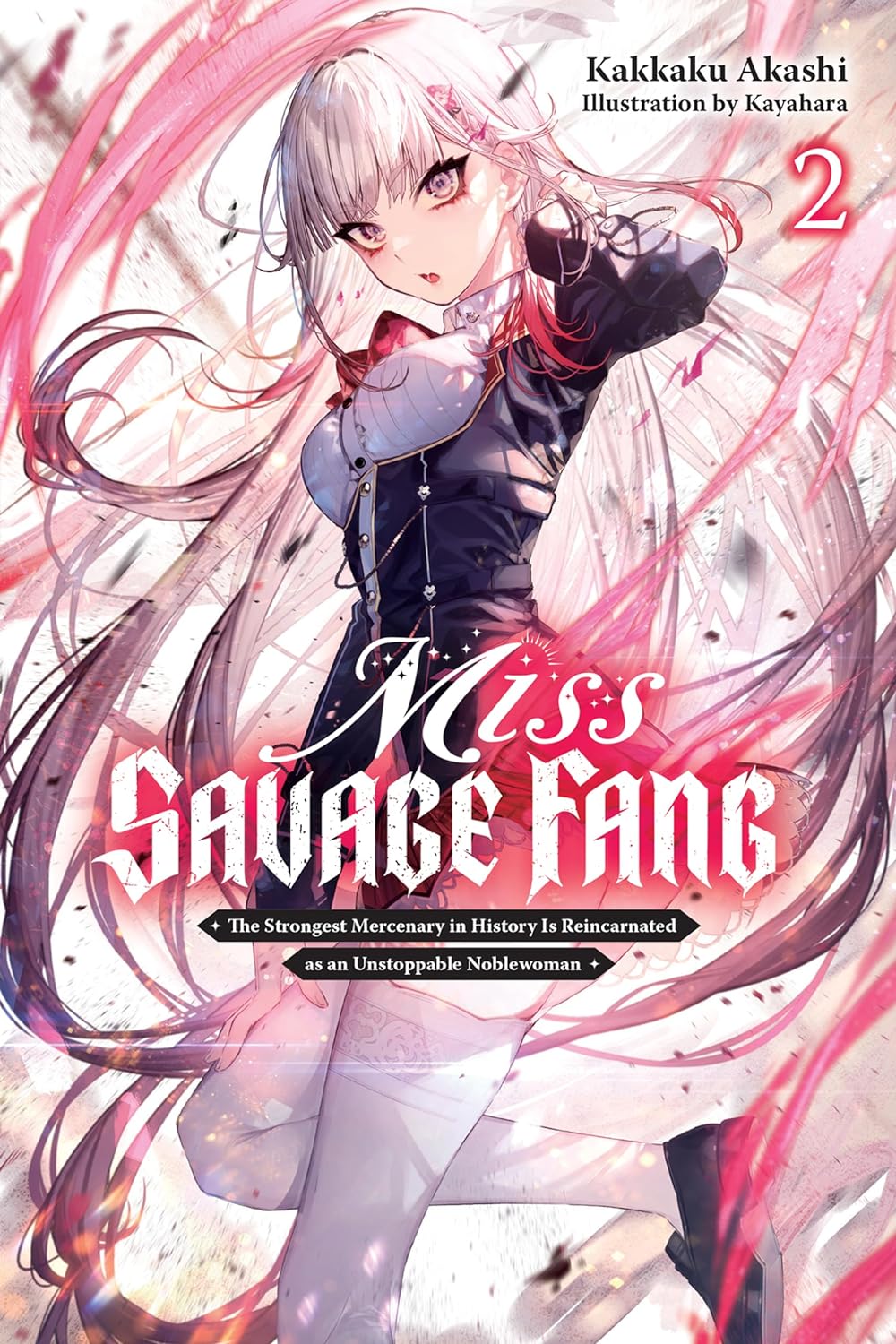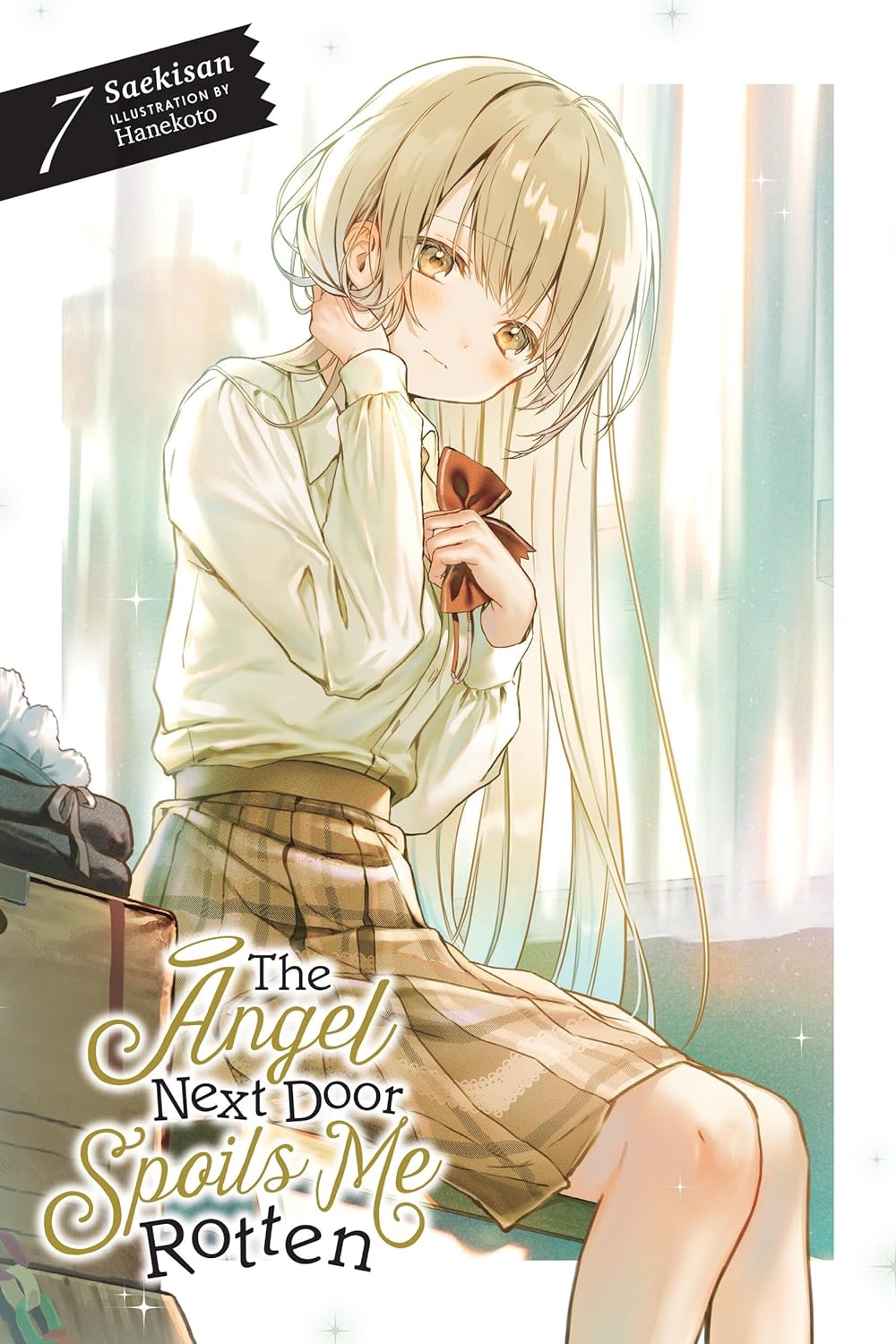By Kuji Furumiya and Haruyuki Morisawa. Released in Japan as “Babel I: Shoujo wa Kotoba no Tabi ni Deru” by Dengeki Bunko. Released in North America by Yen On. Translated by Amelia Imogen Mason.
I will admit this review is slightly harder now that the Spring Anime season is al;most over. “From the creator of Unnamed Memory, the hot new anime, a semi-sequel!” would be a much bigger deal if the anime had not been a lifeless mediocre adaptation determined to get through the story as fast as possible. Which is a problem when you have an author that writes books as long as Furumiya does. This one is 460 pages, a good 300 pages longer than the average KonoSuba. It doesn’t lend itself well to a speedrun. So, I will amend: if you enjoyed READING Unnamed Memory, and also enjoyed the author’s series A Pale Moon Reverie, this is more of the same, with good character writing and some exciting action scenes. And yes, it is a sequel, but it takes place 300 years after the first series, and you don’t need to have read it to get a lot out of it.
Shizuku is a young college student dealing with a massive case of middle child syndrome when one day she is confronted with a mysterious hole in space, which transports her to another world. She is lucky to survive landing in the middle of a desert, and ends up in a town that is clearly nothing like the Japan she knows. Fortunately, she comes across a stoic but kind mage, Erik, who promises to help her try to find a way back home, if she will teach him about her mystery books. As, while Shizuku can speak the same language as everyone else in this world, that does not extend to reading or writing, so she just has her college textbooks, which are in Japanese. And English, and German, which she’s also studying. Can she get home without getting involved in plot stuff? And can she learn to read and write from the handsome but remote young man with a mystery past?
Shizuku is easily my favorite part of the book, yet another heroine with massively low self-esteem who doesn’t understand how fantastic she is. Her older sister had extroversion and charm, her younger sister had focus and anger, and Shizuku seems to have seen herself as someone who wasn’t really much of anything, floating through life. That said, she’s able to stand up to a lot of situations in this book that would give most people the screaming heebie jeebies. The isekai part of this book (which was rewritten and expanded from a version that came out in 2016) is new to this author, whose Unnamed Memory was known for avoiding the standard light novel cliche. But it’s handled well here – Shizuku only has her college freshman education, which means that she struggles to explain things she learned through cultural osmosis, and she will not be inventing mayonnaise anytime soon. That said, the fact that she isn’t of this world allows her to save the day at the end of this book, and I expect this to continue.
This has already ended in Japan, and so we know there’s 3 more books, no doubt as big as this one. I’m here for them. I really love this author.



